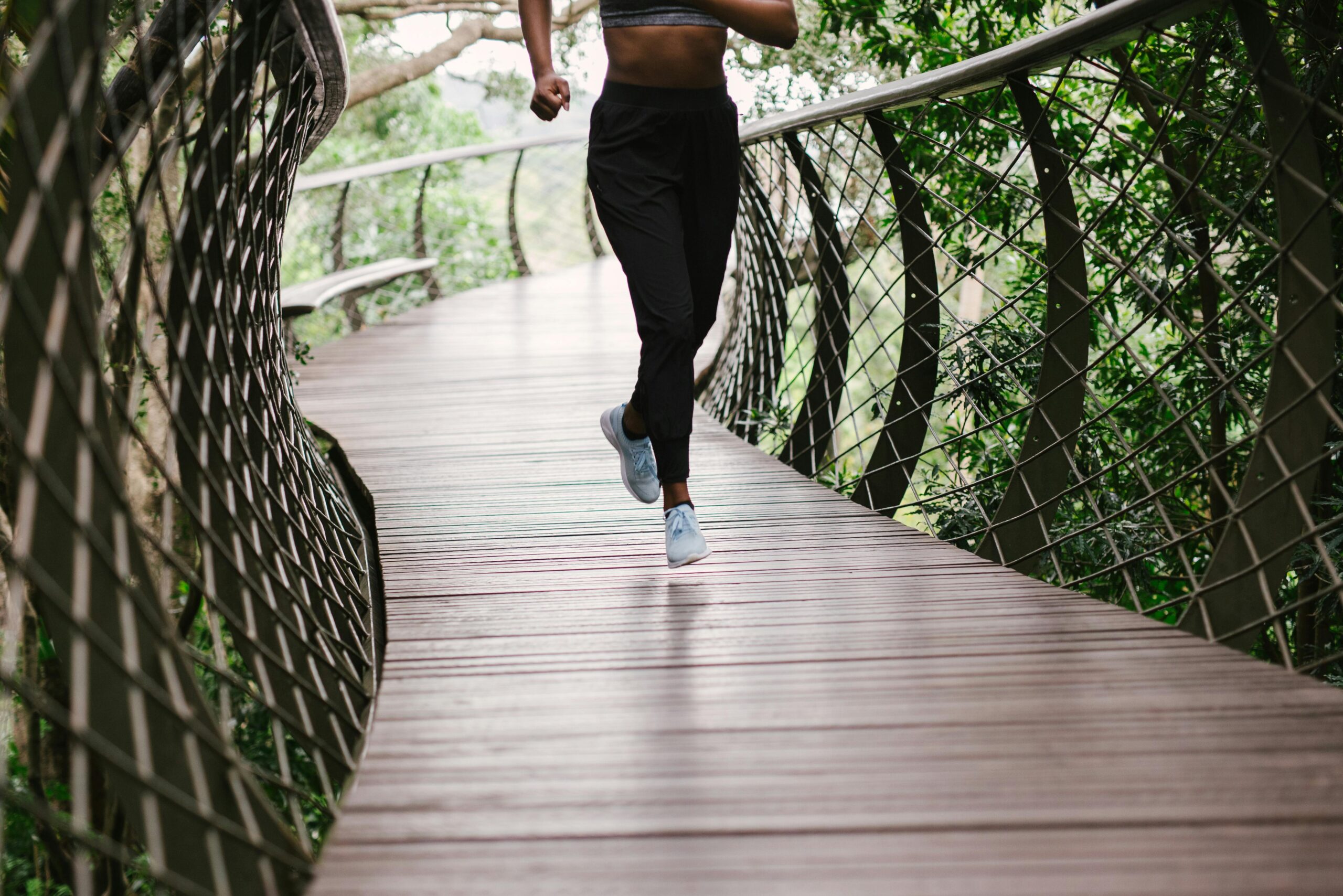At Athlete’s Untapped, we understand that achieving peak performance requires more than just intense training and proper nutrition. One often overlooked, yet critical, component of athletic success is sleep. In this blog, we’ll explore how sleep affects athletic performance and provide tips on how athletes can improve their sleep habits to enhance their sports performance.
How Sleep Affects Physical and Mental Performance
Sleep is essential for overall health, but it plays an especially vital role in the lives of athletes. Here’s how:
1. Muscle Recovery and Growth
During deep sleep, the body repairs and grows muscle tissue, synthesizes proteins, and releases growth hormones. This is crucial for recovery from strenuous training sessions and for building strength and endurance.
2. Cognitive Function
Adequate sleep improves cognitive functions such as concentration, decision-making, and reaction time. For athletes, this means better focus during competitions and quicker responses during high-pressure situations.
3. Injury Prevention
Sleep helps reduce the risk of injuries by improving coordination and balance. Fatigue from lack of sleep can lead to poor technique and decision-making, increasing the likelihood of injuries.
4. Immune System Support
A strong immune system is essential for maintaining an athlete’s health. Sleep strengthens the immune system, helping athletes stay healthy and avoid illnesses that could disrupt training and competitions.
5. Mental Health
Sleep has a significant impact on mood and mental health. Athletes who get enough rest are less likely to experience stress, anxiety, and depression, which can all negatively affect performance.
The Relationship Between Sleep and Injury Prevention
Athletes who consistently get enough sleep are less likely to suffer from injuries. Studies have shown that sleep deprivation can lead to slower reaction times, decreased accuracy, and impaired judgment, all of which can contribute to accidents and injuries during training and competition. Additionally, fatigue from lack of sleep can lead to overuse injuries, as the body does not have enough time to repair and recover properly.
Tips for Improving Sleep Habits
1. Establish a Consistent Sleep Schedule
Go to bed and wake up at the same time every day, even on weekends. This helps regulate your body’s internal clock and improves the quality of your sleep.
2. Create a Relaxing Bedtime Routine
Engage in calming activities before bed, such as reading, meditating, or taking a warm bath. Avoid stimulating activities and electronic devices for at least an hour before bedtime.
3. Optimize Your Sleep Environment
Ensure your bedroom is conducive to sleep by keeping it cool, dark, and quiet. Invest in a comfortable mattress and pillows, and remove any distractions.
4. Watch Your Diet and Exercise
Avoid large meals, caffeine, and alcohol close to bedtime. Regular physical activity can promote better sleep, but try to finish exercising at least a few hours before bed.
5. Manage Stress and Anxiety
Practice stress-relief techniques such as deep breathing, yoga, or mindfulness meditation. Keeping a journal or talking about your day can also help alleviate stress before bed.
Sleep is a fundamental component of athletic performance. At Athlete’s Untapped, we emphasize the importance of proper sleep hygiene for our athletes. By prioritizing sleep, athletes can improve their physical and mental performance, reduce the risk of injuries, and maintain overall well-being. Remember, the journey to peak performance doesn’t end when the training session is over; it continues through the night with a good night’s sleep.
For more personalized training programs and tips, check out our coaching services and discover how we can help you reach your athletic goals.




